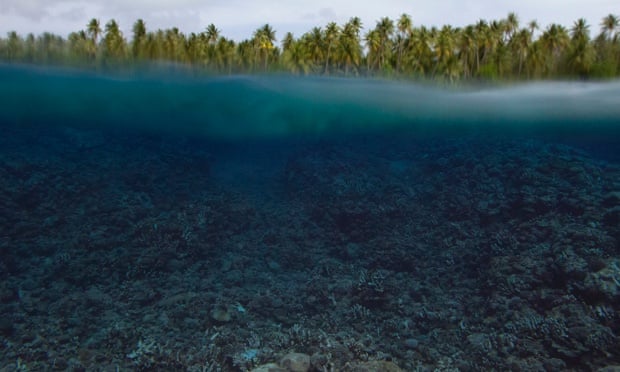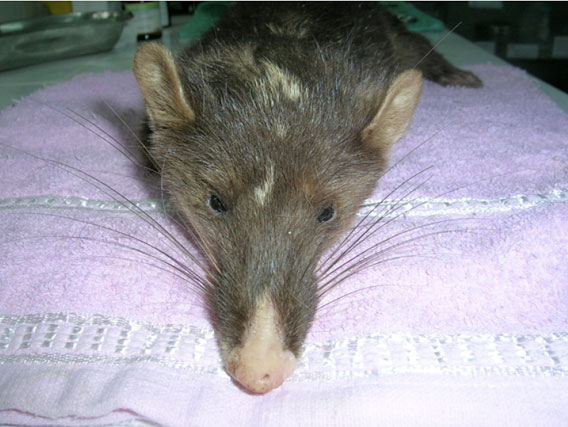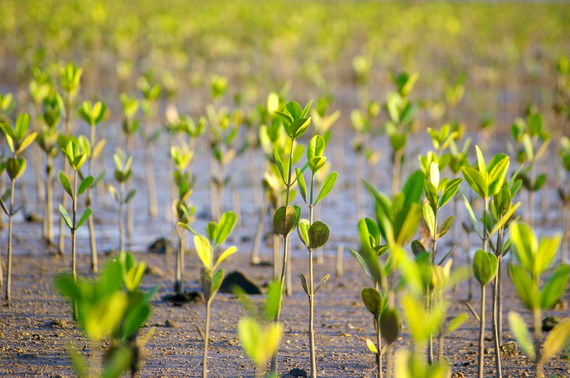The biggest new species discoveries in 2014

New wasp builds nest out of ant corpses (Hance) Adult female of the new wasp species, the bone-house wasp. Photo courtesy of Staab et al. If ants made horror movies this is probably what it would look like: mounds of murdered ants sealed up in a cell. The villain of the piece—at least from the perspective of the ants—is a new species of spider wasp, which scientists have aptly dubbed the ...
Major coral bleaching in Pacific may become worst die-off in 20 years, say experts

Warm sea temperatures are causing massive coral reef die-off across the Northern Pacific in what could be the start of an historic bleaching event around the world The destruction of coral reefs will make these vital barriers for the land less effective against the effects of climate change - such as sea level rise and storms. Location: Arno atoll, Marshall Island. Photograph: Remi Chauvin Scientists ...
Mindsuckers

Meet Nature’s Nightmare By Carl Zimmer Photographs by Anand Varma Graphic Novellas by Matthew Twombly It is as astonishing as it is sad to watch a ladybug turn into a zombie. Normally ladybugs are sophisticated and voracious predators. A single individual may devour several thousand aphids in a lifetime. To find a victim, it first waves its antennae to detect chemicals that plants release when they’re ...
Photos: bizarre new mammal discovered in Vietnam

Photo of first individual of new ferret-badger species that died in cage. Photo by: Elke Schwierz. - See more at: http://news.mongabay.com/2011/1128-hance_ferretbadger.html#sthash.siT7HUEz.Igrf A new species of omnivorous mammal has been found in Cuc Phuong National Park, Vietnam. A part of the weasel family, the new species is known as a ferret-badger, a strange subfamily of mammals that have been ...
The Ecosystem That Is Disappearing Faster Than Any Other on Earth

Mangroves--the uniquely salt-adapted trees and shrubs that line our tropical and subtropical coasts, the critical membrane between land and sea--are disappearing at faster rates than virtually any other ecosystem on Earth. Mangroves are some of the most productive, complex, and beneficial natural wonders of our planet. They act as filters for our water supply, reduce erosion, serve as nurseries for commercial fisheries, ...
